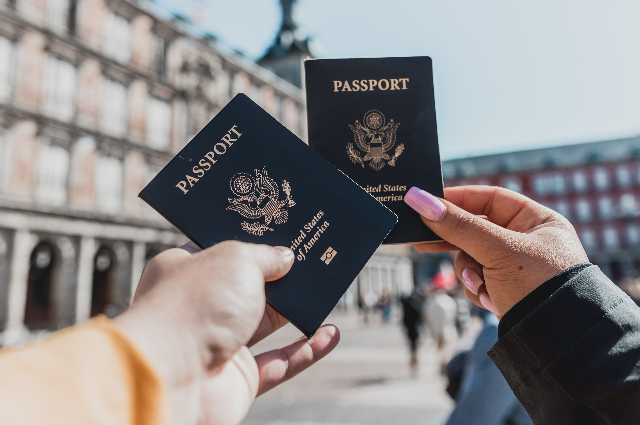
St. Kitts and Nevis was a small island nation back in 1984. The nation's economic situation was not good because of frequent natural disasters, and its main economic contributor—'sugar' production—was not up to par. The government of this small island nation then devised an incredible plan: sell its citizenship. Citizenship will be granted to any foreigner who makes a significant economic investment in the country. This gave rise to the concept of people obtaining a second passport through investment. Several governments in other countries condemned the move, as did the people of that country, who objected to the idea of selling their national identity. Nonetheless, the programme was launched by the government.
Years later, when we examine their economic situation, we discover that this programme contributes nearly 20% of their GDP. Stepping into their shoes, well-known European nations such as Cyprus and Malta began to adapt to this concept and launched their own programmes. Many other countries have launched 'hybrid programmes,' in which citizenship is guaranteed in exchange for a significant contribution and a brief stay in the country. People embraced this change because they desired citizenship in countries with better economic conditions, better infrastructure and healthcare facilities, and, most importantly, better mobility access (for example, Cyprus offers visa-free travel to 174 countries).
The COVID craze is now in full swing. People are looking for second passports, particularly to countries that have successfully dealt with the COVID situation. It is less difficult than obtaining it through the immigration process. These programmes are also economically beneficial to countries; for example, to obtain permanent residency in the Caribbean region, one must pay approximately $100,000 per family. The cost per family in Malta and Cyprus is $1.1-$2.2 million, while it is $7.6 million in Austria. This programme was launched in 2014 by Malta, a country with a GDP of only $ 10 billion. It was able to raise more than $1 billion in less than 18 months.
Another advantage of this programme is that you are not subject to the country's tax laws on your investment. You only need to invest once and then enjoy the profits from your investment as well as the government's healthcare benefits. There are numerous benefits to obtaining a second passport through this route, including the ability to work and live in another country as if you were a local, enjoy all of the benefits of citizenship, travel to new destinations visa-free, receive tax breaks, obtain a new identification document, and have the freedom to renounce the old citizenship of the native country whenever you want. You also gain more mobility access through free movement agreements, such as Malta's programme, which allows you easy access to Germany.
These programmes are far more expensive than the traditional immigration route, especially if you want to become a citizen of a well-known country. As a result, it is safe to assume that only the wealthy and privileged will consider this option.The good news is that obtaining citizenship through this route is much faster than the traditional route. Looking at the other side of the coin, is it fair to the native citizens of the country whose citizenship is being sold? Despite their limited resources, some countries are currently offering citizenship in exchange for investment. The current situation is such that the number of patients in need of intensive care treatments exceeds the available hospital capacity. Diverting resources to the privileged section in such a situation is unquestionably unfair to native citizens.
Citizenship is said to have two faces: external and internal. The external face looks at other countries and demands that they recognise their passports as well as their citizens living abroad, with the promise of return and diplomatic protection. The internal face turns to face its native citizens and tells them that they are the government's top priority. It is critical for a stable economy that both faces of citizenship are connected and in sync with one another. According to some experts, 'dual citizenship' disrupts the connection between the two faces of citizenship. Some countries welcome this move and have reaped significant benefits from these programmes. It has been condemned by some. What are your thoughts?
